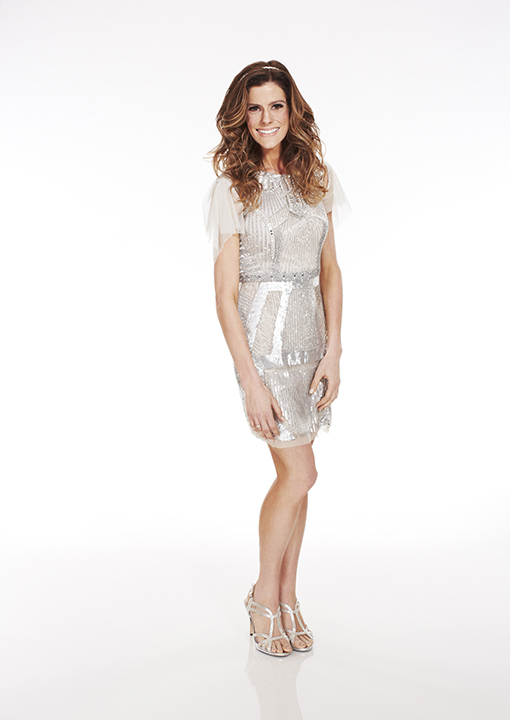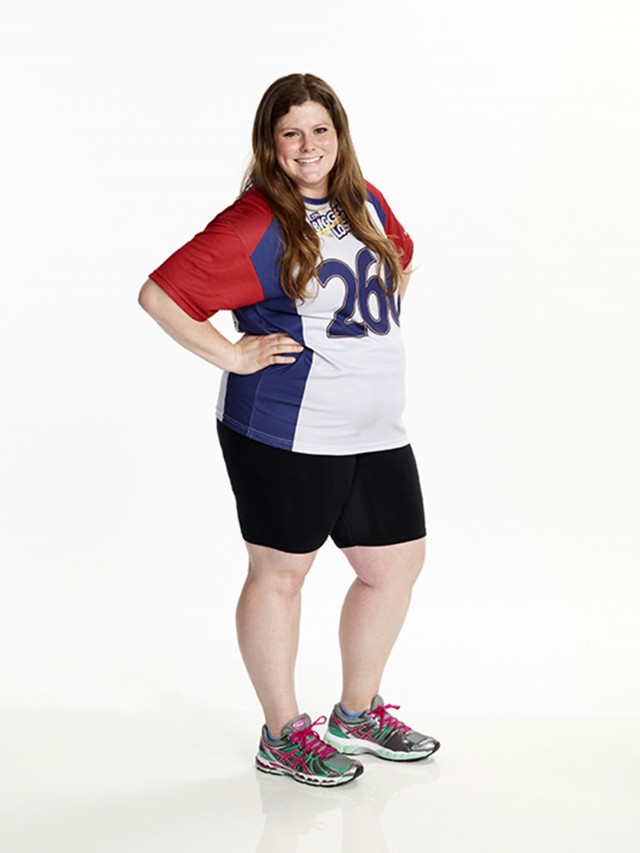

Millions of anxious viewers tuned in last week to watch the scales lighten up for their favorite contestant in the season finale of “The Biggest Loser,” a reality show featuring an ensemble of obese people in sweaty pursuit to drop the most pounds for a huge cash prize.
With each season, new obstacles and twists are introduced, but one principle remains constant: losing a substantial amount of weight can not only be rewarding, but life-changing as well.
For one contestant, however, this altering experience hasn’t been greeted by the American public as readily as it was for other “losers.”
Rachel Frederickson, a 24-year-old former athlete, shocked both her trainers and the viewers at home with her 155-pound weight loss, making her now a size 0/2 at 105 pounds. At 5 feet 4 inches tall, that puts her slightly below the healthy body mass index, according to the National Heart, Lung, and Blood Institute.
But despite her thorough exercise routines and healthy eating lifestyle she’s learned like the rest of the group, Frederickson is receiving backlash for her somewhat gaunt appearance, outing her for overworking and losing too much weight.
Her critics argue that this extreme weight loss, in turn, does the opposite of what the show initially wants for both its contestants and society: a healthier outlook.
Aside from the competition aspect, the point of the show primarily is to promote healthful living in all walks of life.
Doctors and trained professionals at The Biggest Loser ranch supervise the contestants at all times, and their diets and exercise are designed for each individual.
While the outcry may detract from the show’s reliability for getting unhealthy individuals in shape, it actually makes for a painfully obvious solution: People should mind their own business.
Frederickson clearly enjoys the perks of her new, healthy body, and haters can keep criticism to themselves.
As a former swimmer, Frederickson should know what a healthy lifestyle includes and what her optimal well-being might look like.
That said, she was under strict supervision constantly on the show. While the contestants are at The Biggest Loser campus, they intensely exercise four to six hours every day during their 12-week stay.
She lost a significant amount of weight from the time she left the ranch to the finale, and she did it the right way — as in, working out in moderation and without eating disorders.
Even without the slightest bit of evidence, the public was eager to rush to conclusions about her new appearance, and many took to social media to explain their disgust.
Even the look on Frederickson’s trainers’ faces told much more than what the number revealed on the scale because they were proud of how hard she worked.
Frederickson did exactly what she set out to do: lose the weight. The public has no right to accuse her of harming herself with an eating disorder or the like when there truly is no evidence.
Her lean, muscular build as opposed to an anorexic’s feeble appearance should in fact make the case against those sorts of allegations.
However, it’s important to note the subtle, underlying double standard in the fitness industry. For example, actor Mark Wahlberg packed on upwards of 40 pounds of muscle in a matter of seven short weeks to live up to his swole character in last year’s “Pain and Gain.”
For his upcoming role in “The Gambler,” Wahlberg has since dramatically dropped the intense muscle mass for a much more svelte physique.
Instead of getting harsh criticism for treating his body like a sponge, Walhberg — among other actors who have severely yo-yoed in weight for roles — is getting a pat on the back for the obvious dedication to his craft.
Compared with cases like Frederickson’s, it basically gives off this message: when it’s reality, it’s labeled too much; when it’s cinema, it’s called art.
On the flip side, Frederickson does exhibit several characteristics of a deceptively unhealthy lifestyle.
For instance, her petite stature ideally requires a minimum of 120 pounds — 15 pounds more than her final weight. Arguably, her smaller frame and new lean muscle mass could potentially make up for the difference.
However, Frederickson is not the first person to exhibit such drastic results from extreme dieting and exercise.
In fact, it’s not uncommon for some individuals to get a kind of high from looking thinner, even to the point of starvation or over-exercising. For those people, it’s almost intoxicating.
But Frederickson may have caused a bigger upset ripple than just rude comments about her new physical appearance.
The show’s producers made a statement on Feb. 11 that emphasized “small but significant tweaks” concerning production, including frequent check-ups and support for contestants followed their departure from the show.
Basically, it frightened NBC just as much as it did the rest of America when she stepped on the scale for the final time. Unless she is found to have lost the weight in all the wrong ways, who’s to blame her for getting in the best shape of her life?
In all, the media and the general public shouldn’t criticize Frederickson for her extreme weight loss, given that she did it the right way without harming herself. Making the decision to change one’s life for the better should never be discouraged.
However, a healthy lifestyle to boot is essential to this sort of success.
While Americans continue to gorge themselves on potato chips and criticize from the comfort of their couches, Frederickson is basking in the fruits of her labor — all five daily servings.





